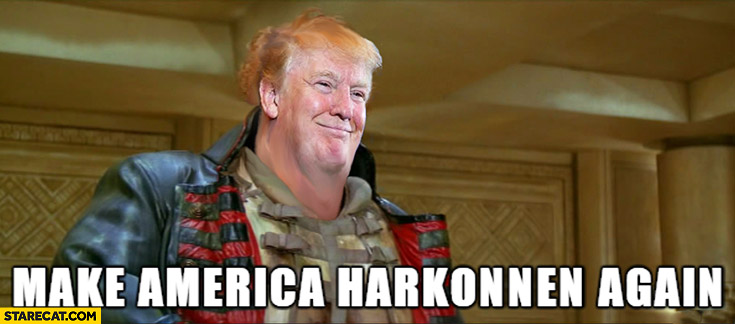Broader philosophical point incoming.
We tend to see the past and the future as two distinct things. The past appears to be a natural, logical progression, in small, predictable increments. We went from caves to agriculture to monarchy to democracy to industrial revolution to computers in a simple, linear narrative that can be put onto a tech tree in a computer game and stepped through easily. The future appears to be the exact opposite: every single thing seems to be revolutionary, from robots taking jobs to birth control killing humanity. There are a handful of really genuinely species-endangering things, such as disease, war, and global warming. But, to them, we add a whole bunch of simple, natural, logical technological or economic progressions that, in the past, have come in small, predictable increments. We have always dealt with what at the time appears to be revolutionary new technology that will disrupt everything and kill jobs or babies with a series of logical, incremental steps over many years. Aside from a catastrophic event such as a global outbreak of a deadly disease, a nuclear winter, or, well, the continuation of global warming, we will almost certainly deal with things in the exact same way: slowly and incrementally, over many years.
This article makes a similar point, but about the opposite thing -- technologies that aid reproduction:
http://www.economist.com/news/leade...-are-multiplying-history-suggests-they-should




